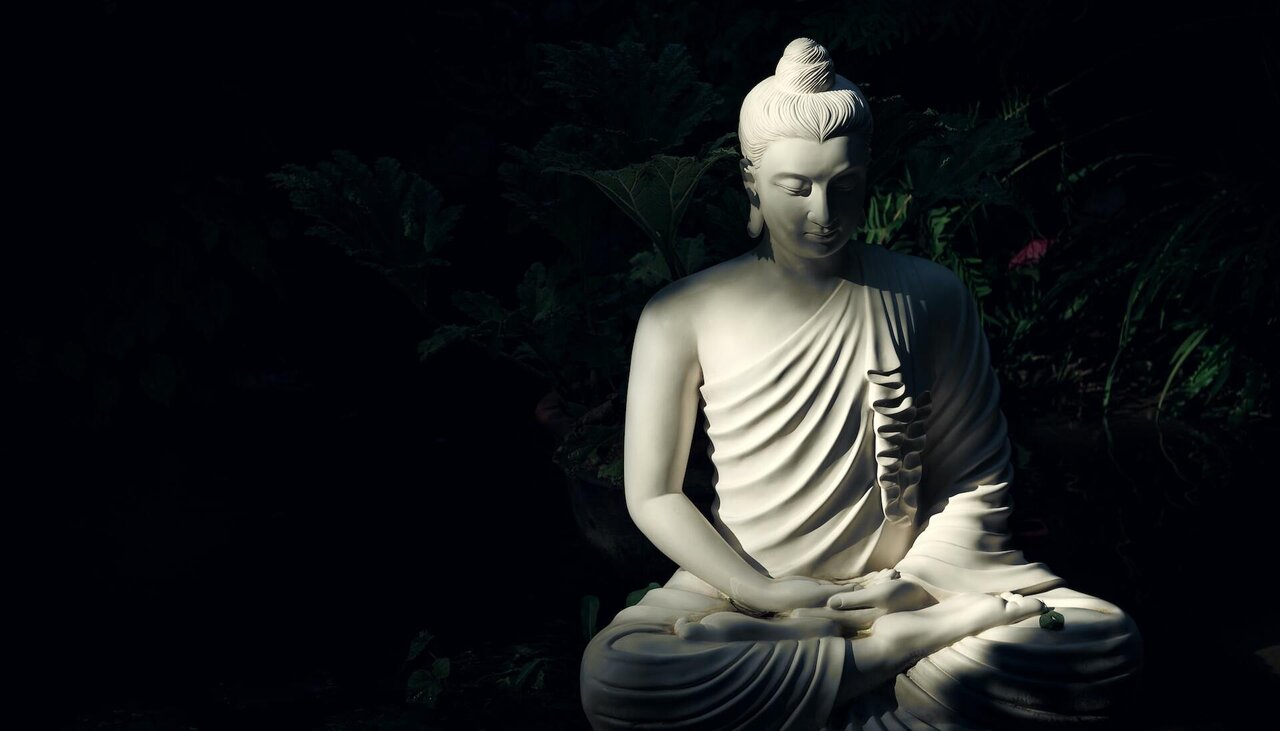Soft Animism: Embracing the Aliveness of Nature Without Belief in Spirits
Soft animism is a term I use to refer to an acceptance of the animistic ethic, sensibility, and mode of perception but a rejection of the belief in spirits that reside in nature. Alternative terms for this position could include weak animism and naturalised animism (the latter emphasising that this is a form of animism…
View Post



